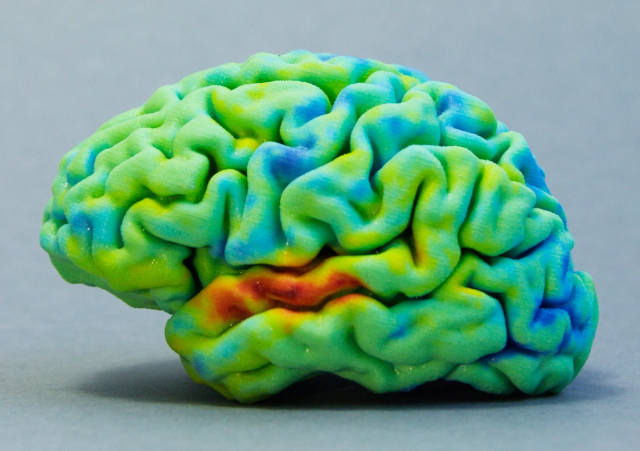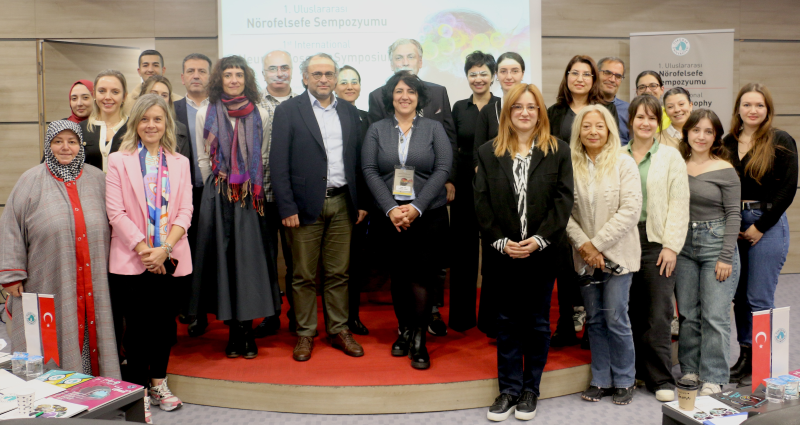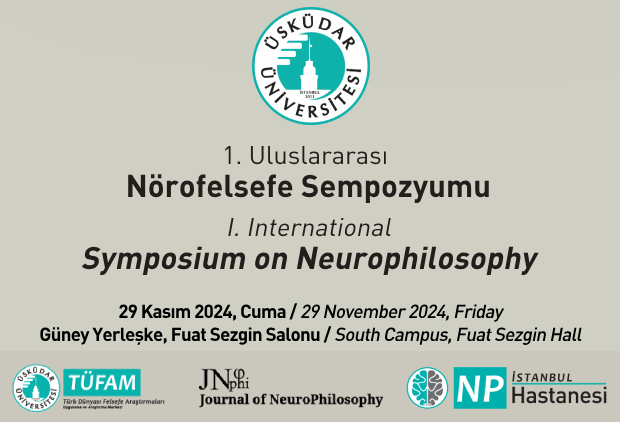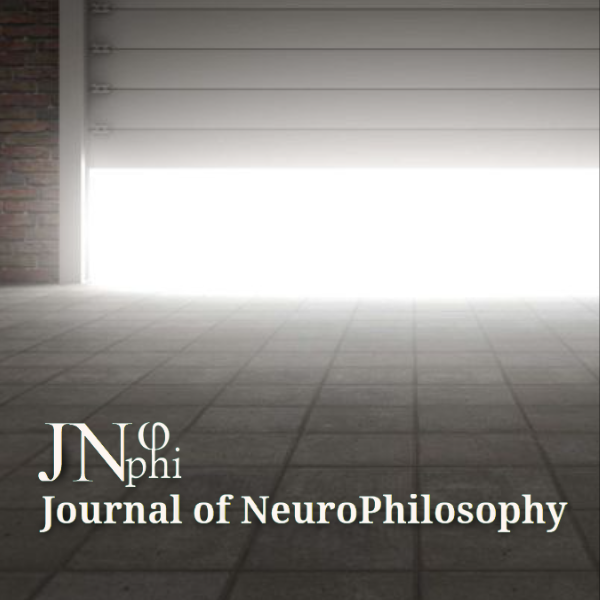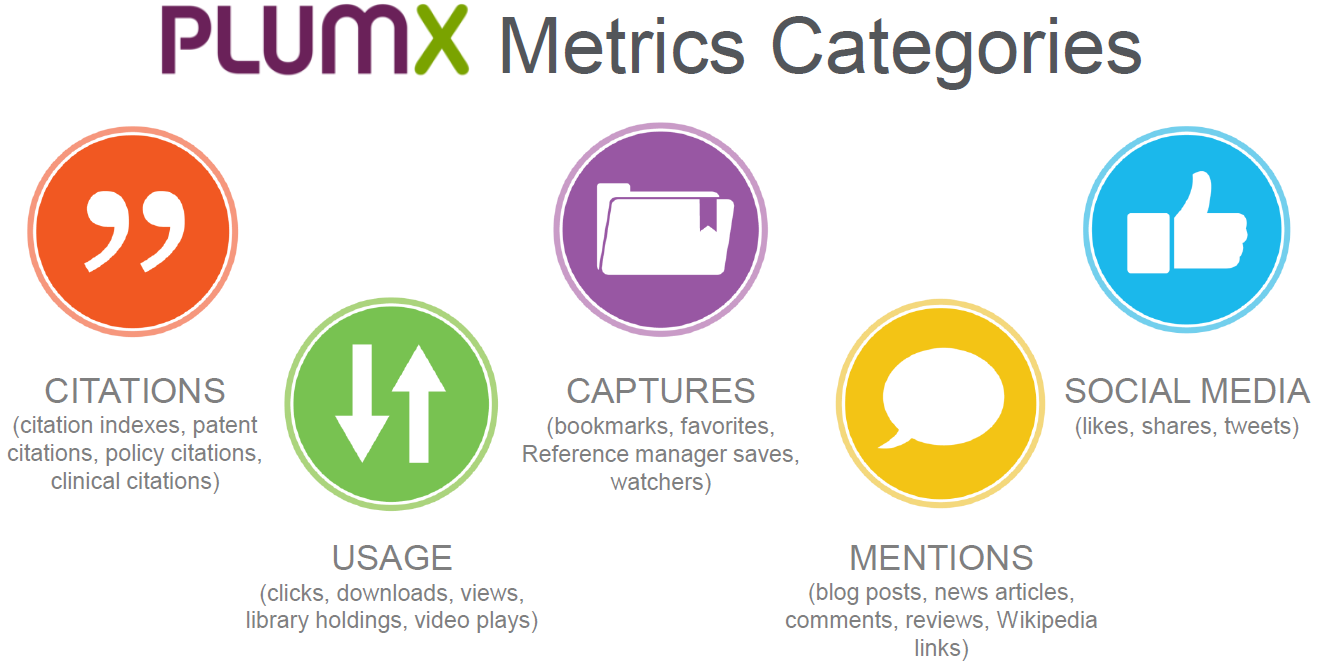Editorial Overview – Vol. 4 No. 2 (2025) Journal of NeuroPhilosophy Published: 15 December 2025
The second issue of Volume 4 (2025) of the Journal of NeuroPhilosophy presents a rich and timely collection of contributions that reflect the journal’s core mission: to cultivate a rigorous dialogue between neuroscience, philosophy, ethics, and emerging technologies. This issue is particularly unified by a shared concern with agency, cognition, consciousness, and the changing boundaries between the biological, the artificial, and the conceptual. FULL TEXT ISSUE read more...
The issue opens with a Letter from the Editors by Nandor Ludvig, “Toward a Truly Beneficial AI Companion: A Call for Dialogue with Authors and Readers of the Journal of NeuroPhilosophy.” This editorial sets the intellectual tone of the volume by inviting a reflective and participatory discussion on artificial intelligence—not merely as a tool, but as a companion shaping cognitive, ethical, and philosophical landscapes. The call emphasizes responsibility, interdisciplinarity, and mutual engagement between scholars and readers.
In the Review Articles section, Ikrar and Sophian provide a comprehensive synthesis in “The Neurobiology of Cognition in the Age of Artificial Intelligence: From Synaptic Plasticity to Cognitive Mapping.” This review bridges molecular and systems-level neuroscience with computational and AI-inspired frameworks, offering a valuable roadmap for understanding cognition at the intersection of biological learning mechanisms and artificial models.
The Opinion and Perspectives section forms the conceptual backbone of this issue. Guerreiro’s “Do We Have Free Will, or Is Everything Predetermined? A Neuroethics Dilemma” revisits one of philosophy’s most enduring questions through the lens of contemporary neuroscience and ethical responsibility. Complementing this, Yao and colleagues examine moral asymmetries in “Double Standards in Moral Judgments Within Intimate Relationships,” integrating psychological, social, and ethical dimensions.
Read more about Editorial Overview – Vol. 4 No. 2 (2025) Journal of NeuroPhilosophy Published: 15 December 2025
